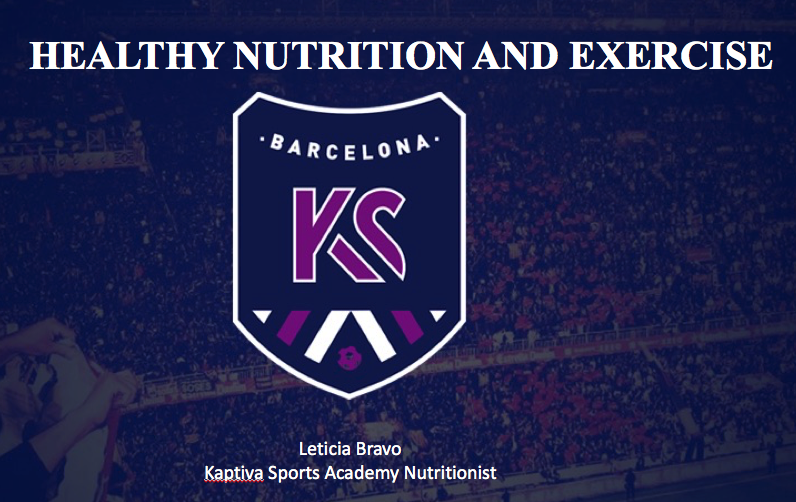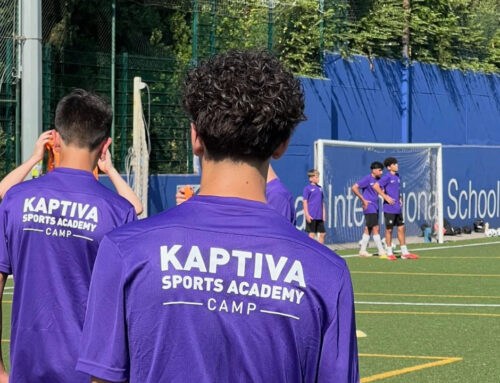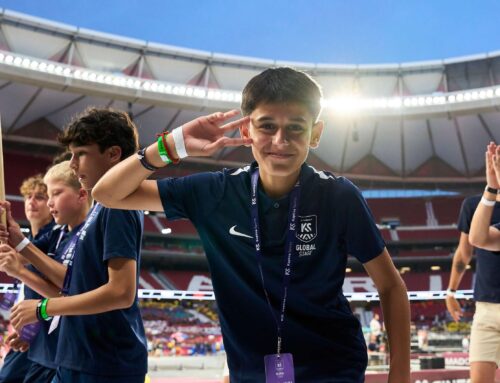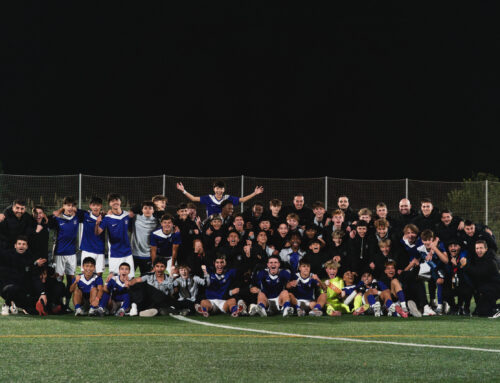Let our Kaptiva Sports Academy nutritionist, Leticia Bravo, guide in you in how to eat while you’re not in your regular training schedule.
Now that you will not be excreting as many calories, your body and diet needs to adapt to the new energy levels in requires. Not taking care of your diet and muscles during your time at home may lead to injuries once you return to regular training.
An important thing to keep in mind the next days is other than selecting the correct food, you must select the appropriate portion for each food group.
Contents
Why do we have to eat healthy?
-Keep fit (the muscle)
-Keep motivated
-Recover better to come back
-Avoid injuries
What food should we avoid?
Sugary and processed food. Avoid mindless snacking. During these times it’s easy to make frequent trip to the kitchen looking for snacks but avoid empty calories as these processed foods do not provide any muscular or health benefits. They are products who are influenced based on your emotions. Small treats once in a while are okay, but if you eat these foods every time you crave something to snack on, your perception of what really is sugar and processed will change. This food leads to loss of muscular definition and gains body fat due to your body reacting differently to healthy and not healthy food. It also treats unconscious dependency.
What do you need everyday?
Minerals and vitamins everyday, these are not calories nor micros but requirements that our body needs from fruits and vegetables. Everyday you should be consuming quality protein in lunch and dinner, quality carbohydrates, and healthy fats.
A great example you can follow is the Harvard Plate.
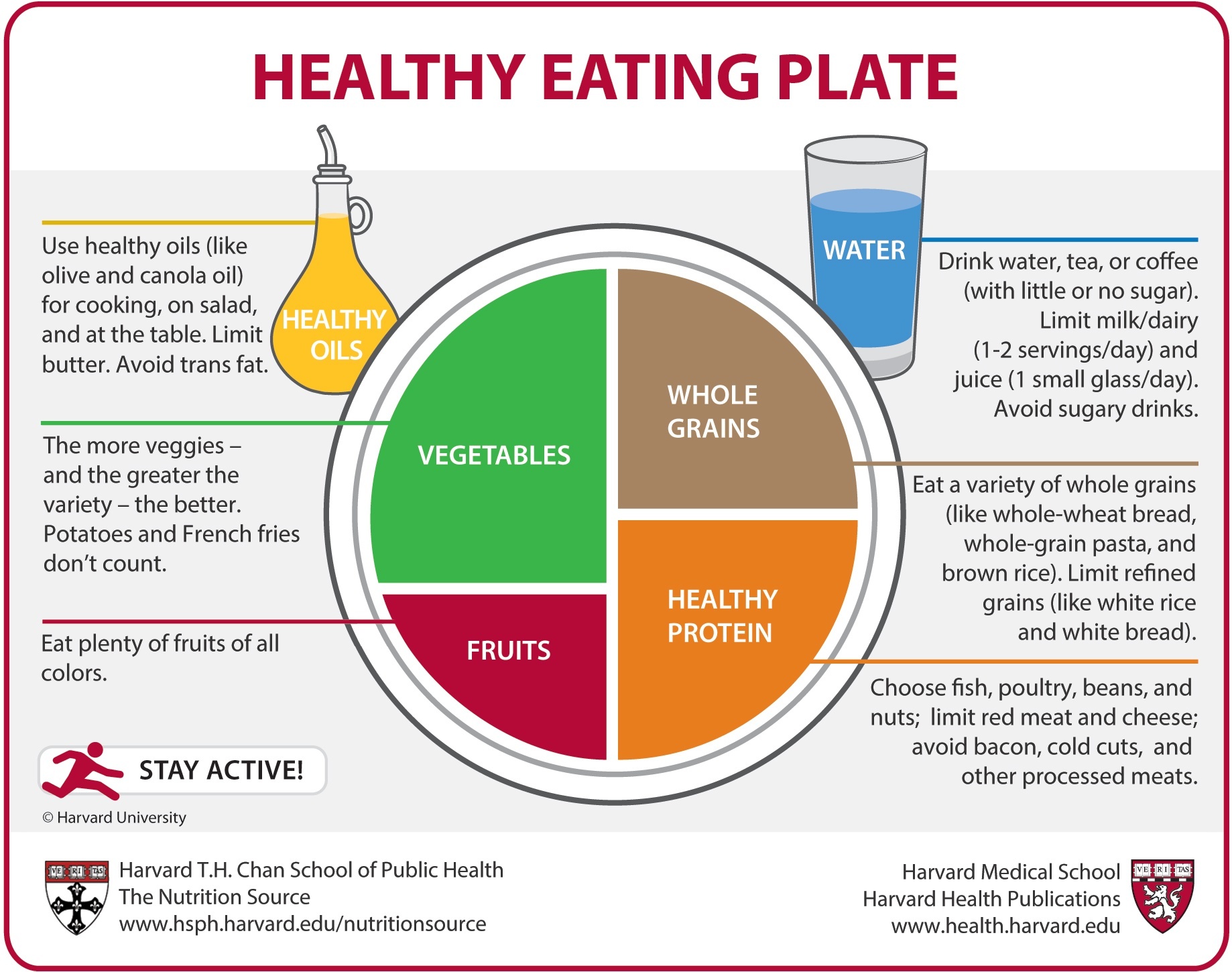
SNACKS FOR TRAINING
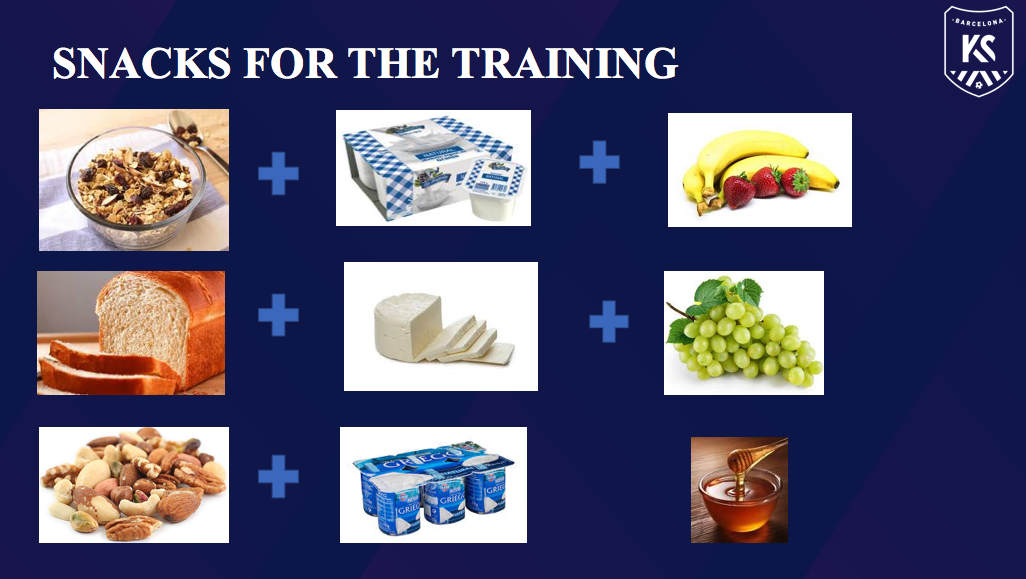
SNACKS WHEN NOT TRAINING
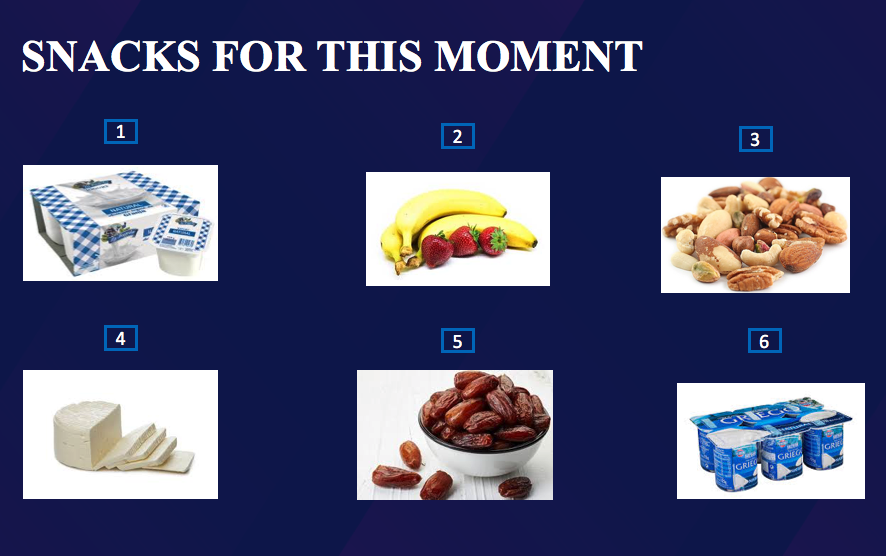
SNACKS FOR WHEN YOU’VE EXERTED MORE ENERGY
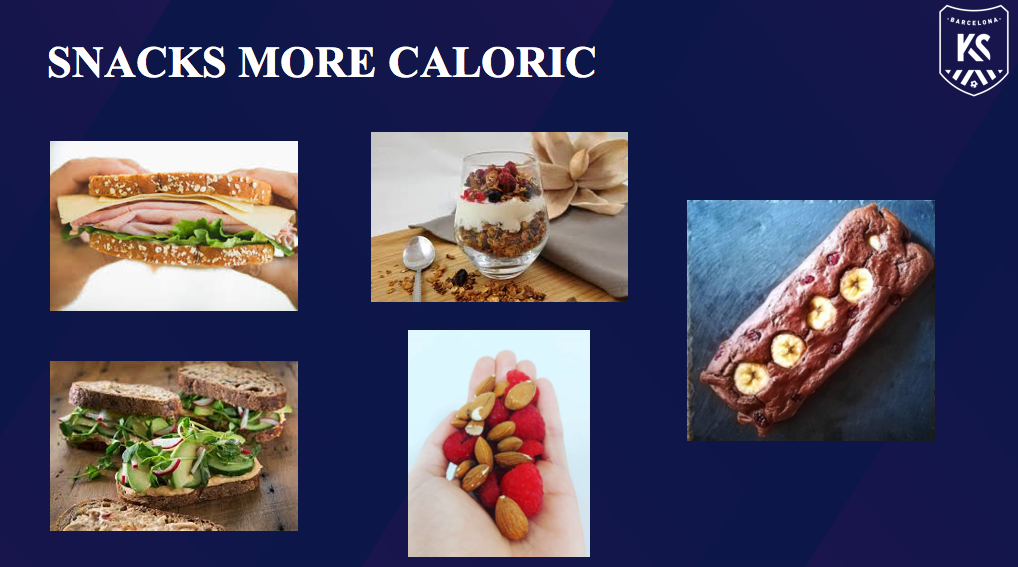
Final tips
-Best snacks for non training weeks are fruits, handful of nuts, greek or natural yogurt.
-Stick with whole wheat carbs.
-1 litter and a half of water daily.
-watch the quality of your food as well as the portions
-Your food intake should be adjusted to your lower level of activity these days
-Stay safe and wash your hands properly


